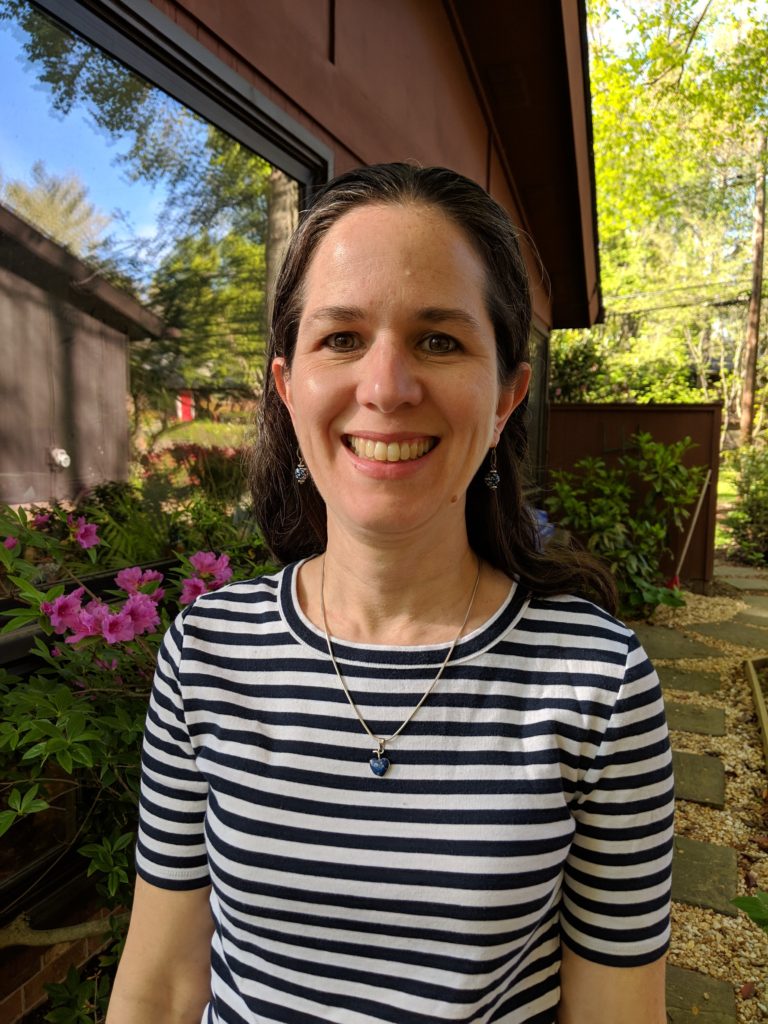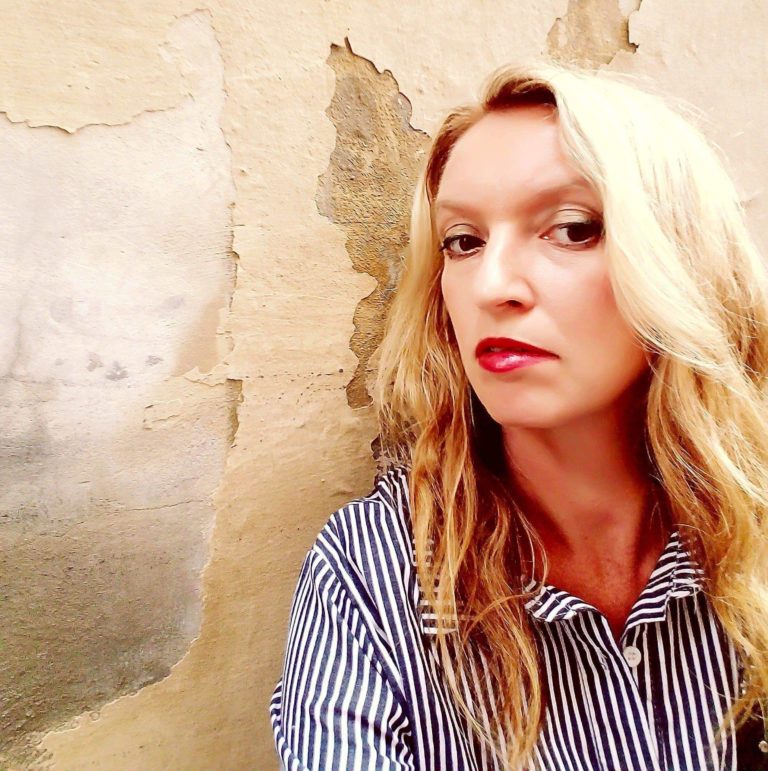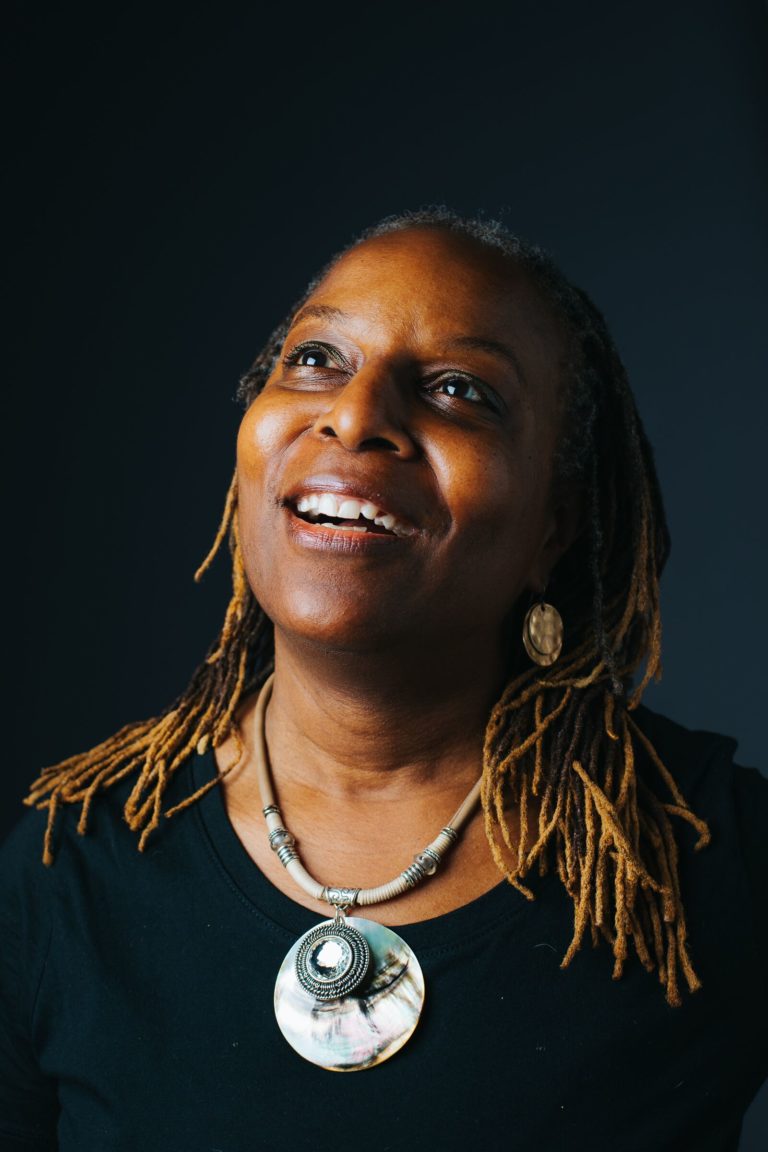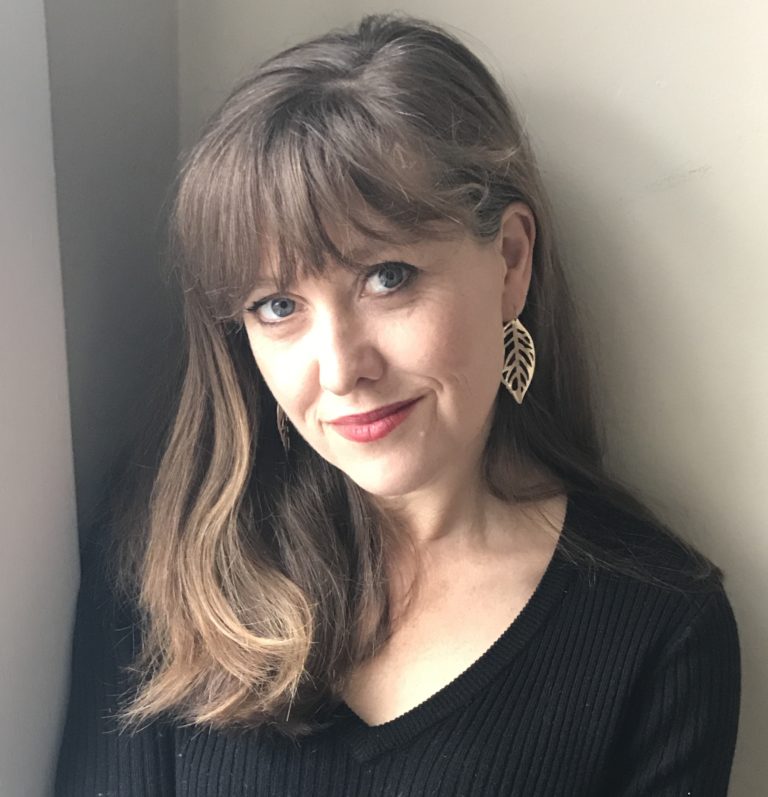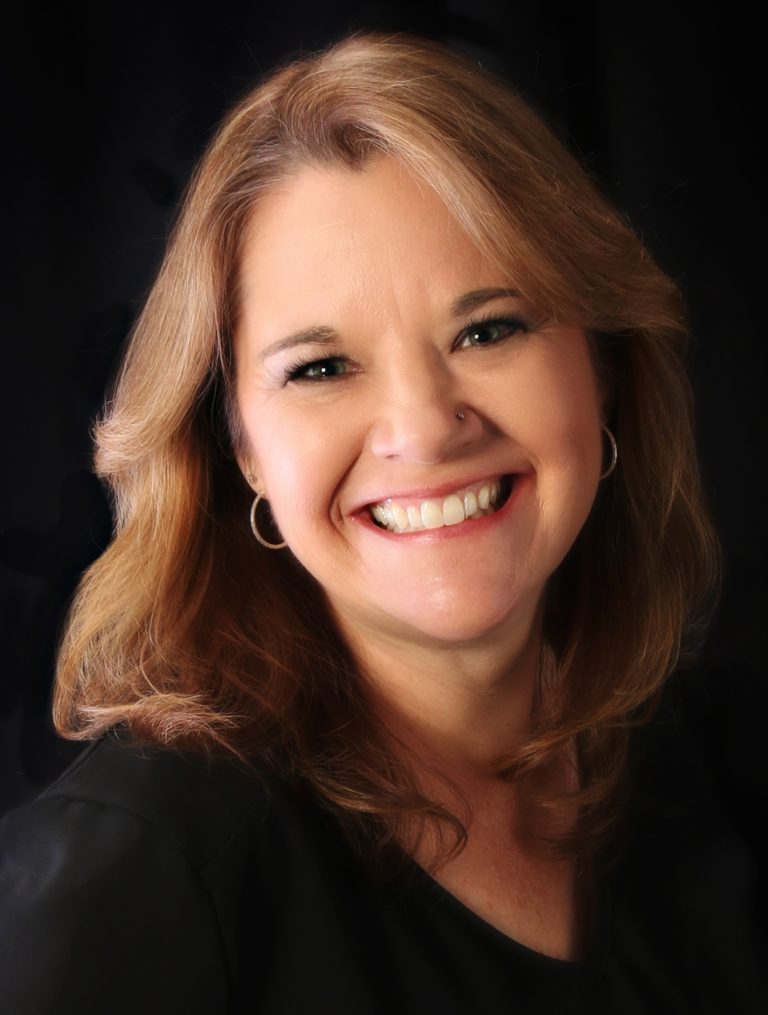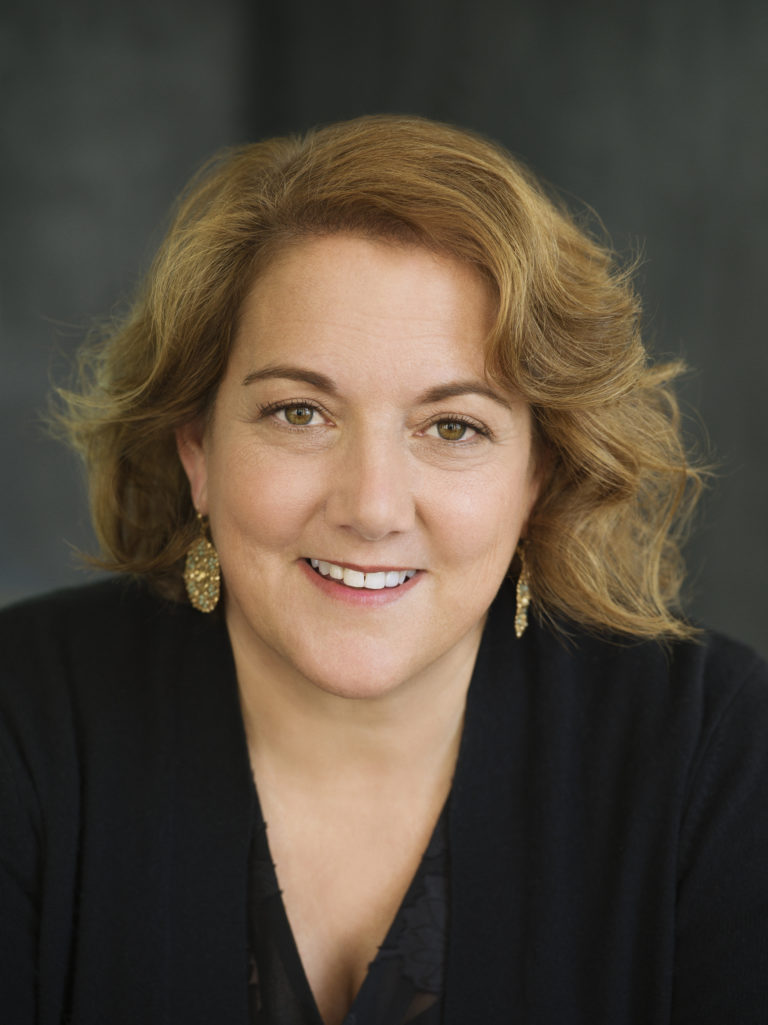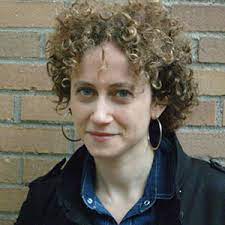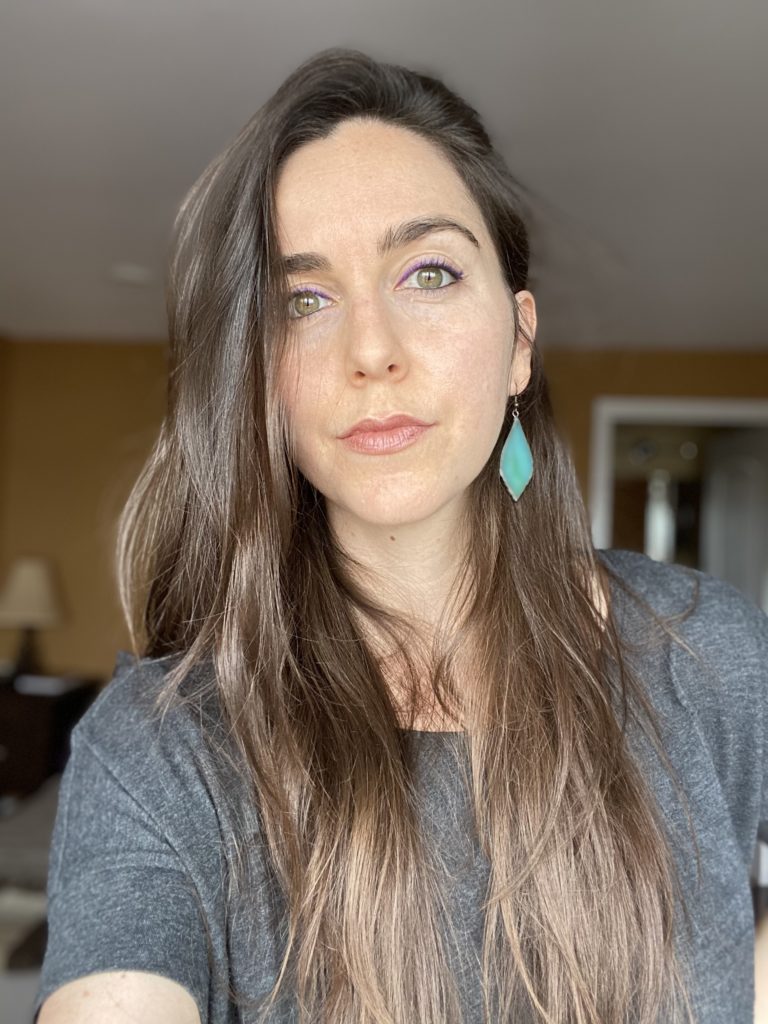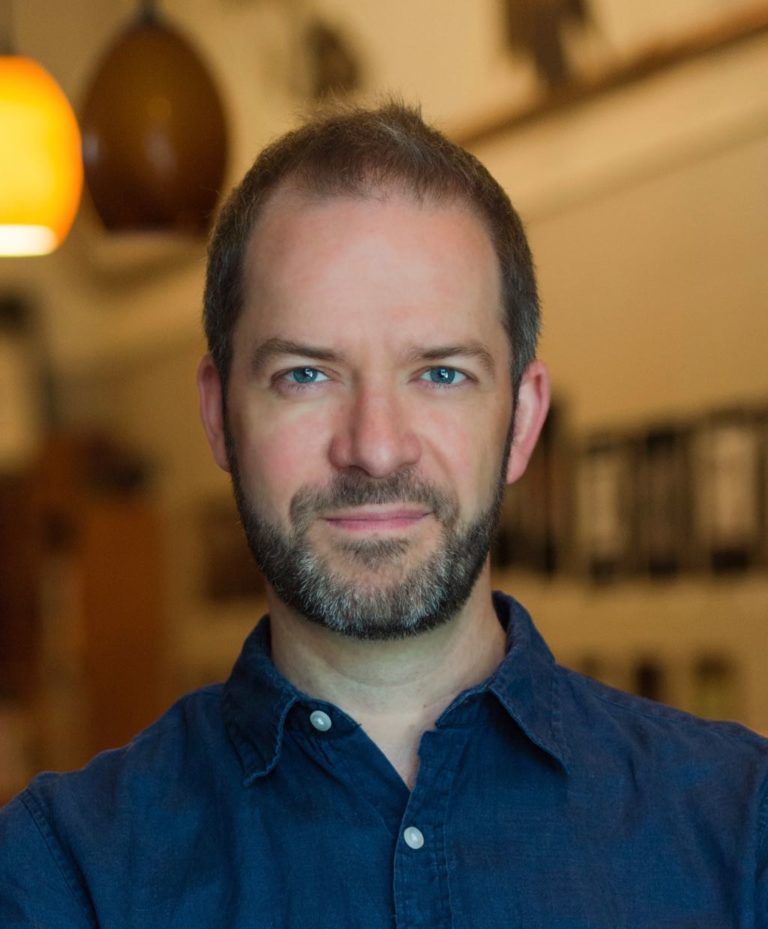JANET POCOROBBA
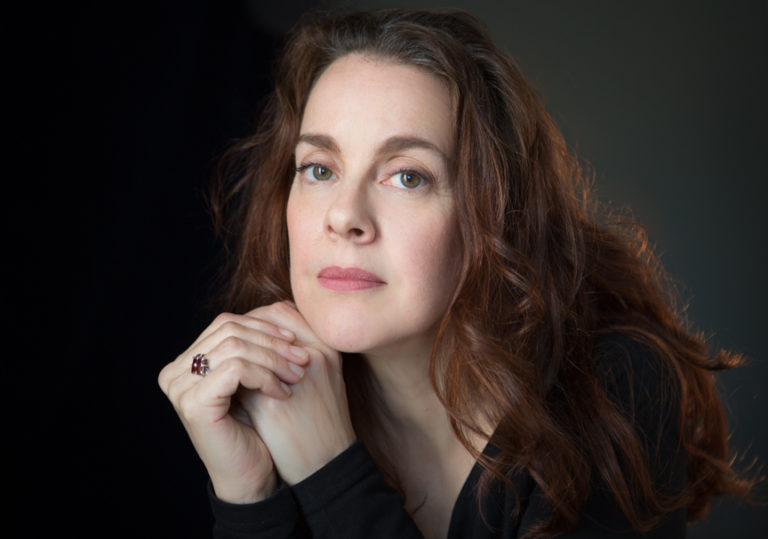
Janet Pocorobba is the author of The Fourth String: A Memoir of Sensei and Me. Her work has appeared in The Rumpus, River Teeth, Post Road, Harvard Review, The Writer, and elsewhere. She has received writing residency fellowships at Bread Loaf, Vermont Studio Center, and Turkey Land Cove Foundation on Martha’s Vineyard. She teaches in the Lesley MFA Program and is their Associate Director.
Learn more at her website.
SESSION: Who’s Driving this Bus?: Separating Your Narrator From Your Character in Memoir
The memoir genre is vast in style and content, but one thing all memoirs have in common is a narrator looking back on a former self. But how does one create this narrator on the page? Is there one self telling the story or two—a narrator and a starring character? What is the role of each? And how is all this related to voice? This session will use written exercises and discussion to clarify the narrator who is telling—and controlling—the tale. We will also discuss the dangers of collapsing these roles, versus using them to gain perspective and tell a deeper story.

